Pakistan's Crackdown on TLP: A Complex Web of Politics and Faith
In a move that has left many in Pakistan wondering about the future of religious freedom, the provincial government of Punjab is seeking federal approval to ban the far-right Tehreek-e-Labbaik Pakistan (TLP) party. The decision comes after violent clashes between police personnel and TLP protesters this week, resulting in four deaths and widespread destruction.
According to sources close to the chief minister's office, Maryam Nawaz Sharif, the provinces chief minister and niece of Prime Minister Shehbaz Sharif, chaired a meeting where officials approved what they described as "historic and extraordinary decisions." While the TLP was not explicitly named, a statement from her office confirmed that the ban would target the group.
"We have been warning them for months, but they refused to listen," said Punjab's Home Secretary, Azmat Ali Ranjha. "Their actions are a threat to public safety and order, and we cannot allow it to continue."
The TLP has been at the forefront of protests against France over its handling of blasphemy allegations against a French satirical magazine. The group's leader, Saad Hussain Rizvi, has been accused of inciting violence and hate speech.
But for many Pakistanis, the ban is not just about politics; it's also about faith. "The TLP may be seen as radical by some, but to us, they are a voice for those who feel marginalized and oppressed," said Dr. Farhat Hashmi, a prominent Islamic scholar and critic of the government's decision.
Hashmi argues that the ban is an attempt to suppress dissenting voices and silence critics of the government's handling of sensitive issues like blasphemy. "This move will only serve to further polarize society and create more divisions," she warned.
The TLP's rise to prominence has been fueled by its ability to tap into Pakistan's deep-seated fears about blasphemy and the perceived threat to Islam. The group's protests have drawn thousands of supporters, many of whom are young and disillusioned with mainstream politics.
But not everyone is convinced that a ban will solve the problem. "The TLP may be a symptom of deeper issues in our society," said Dr. Raza Rumi, a prominent journalist and analyst. "We need to address the root causes of extremism and radicalization, rather than just banning groups like the TLP."
As the government waits for federal approval, tensions remain high in Punjab. The ban is expected to be met with resistance from TLP supporters, who have vowed to continue their protests.
In the meantime, human rights activists are warning about the dangers of a blanket ban on any group. "We need to ensure that freedom of speech and assembly are protected," said Hina Jilani, a prominent human rights lawyer. "A ban without due process will only serve to further erode trust in institutions."
The future of Pakistan's democracy hangs in the balance as the government navigates this complex web of politics and faith. One thing is clear: the TLP's fate will have far-reaching consequences for the country and its people.
Background: The Tehreek-e-Labbaik Pakistan (TLP) was formed in 2015 by Saad Hussain Rizvi, who is the grandson of a prominent Islamic scholar. The group has been at the forefront of protests against France over its handling of blasphemy allegations against a French satirical magazine.
Context: Pakistan's blasphemy laws have been criticized for being too harsh and prone to abuse. The TLP's rise to prominence has been fueled by its ability to tap into Pakistan's deep-seated fears about blasphemy and the perceived threat to Islam.
Perspectives:
Dr. Farhat Hashmi, a prominent Islamic scholar and critic of the government's decision, argues that the ban is an attempt to suppress dissenting voices and silence critics of the government's handling of sensitive issues like blasphemy.
Dr. Raza Rumi, a prominent journalist and analyst, believes that the TLP may be a symptom of deeper issues in Pakistani society, such as extremism and radicalization.
Current Status: The provincial government of Punjab is seeking federal approval to ban the TLP party. The decision comes after violent clashes between police personnel and TLP protesters this week, resulting in four deaths and widespread destruction.
Next Developments: The future of Pakistan's democracy hangs in the balance as the government navigates this complex web of politics and faith. The ban is expected to be met with resistance from TLP supporters, who have vowed to continue their protests.
*Reporting by Aljazeera.*
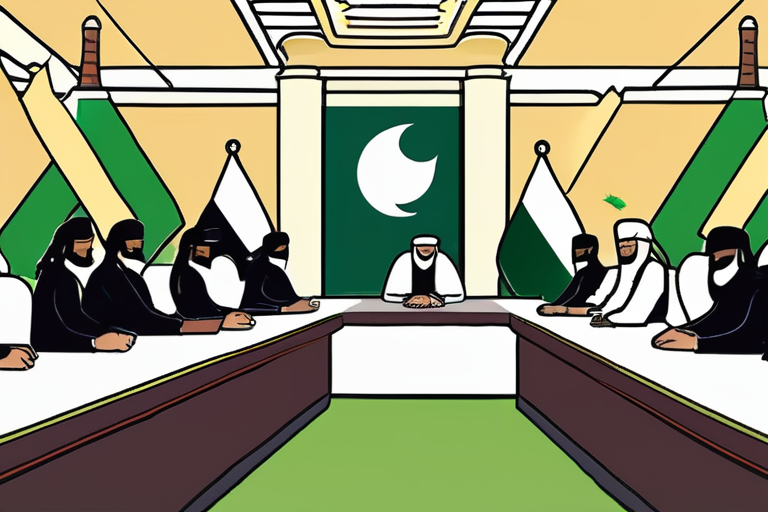

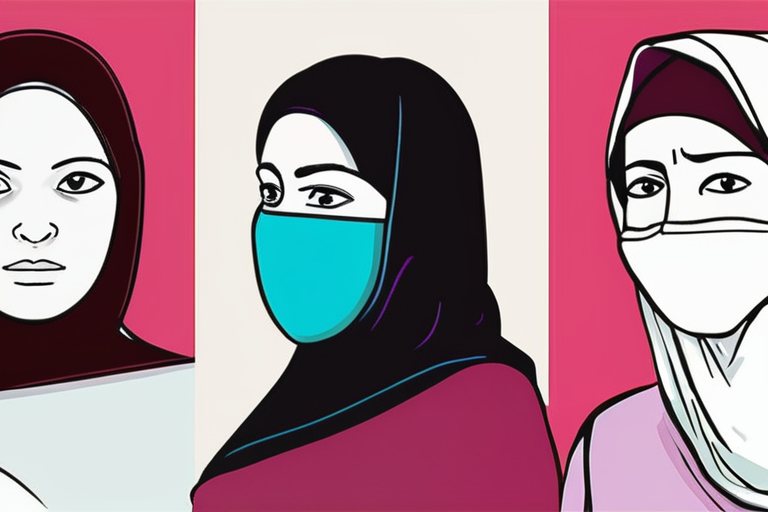
 Hoppi
Hoppi
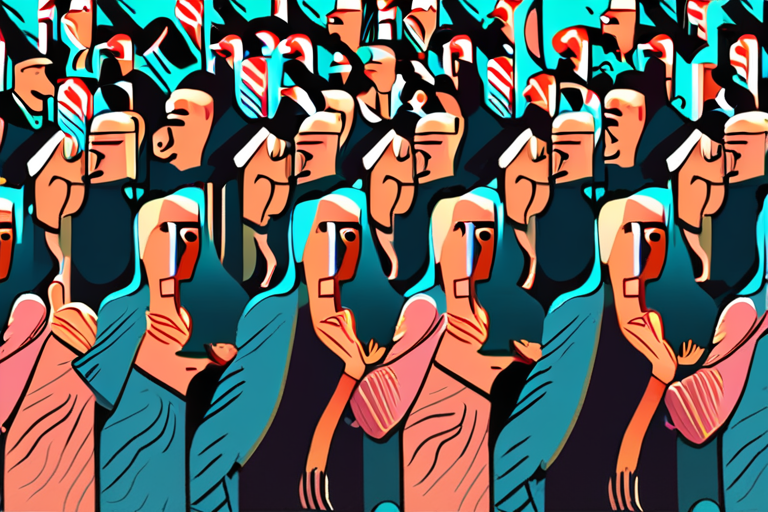
 Hoppi
Hoppi
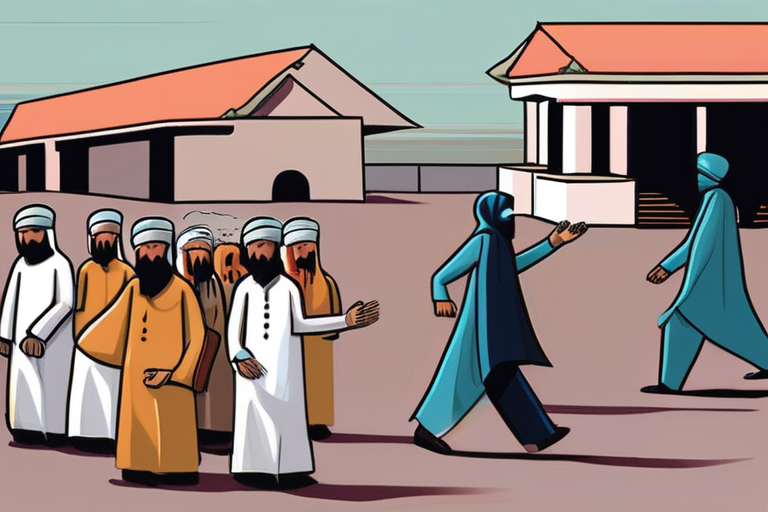
 hoppi
hoppi
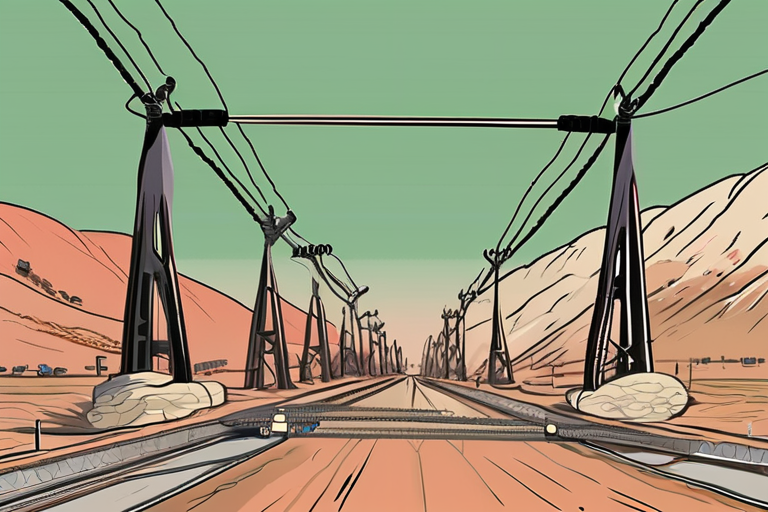
 Hoppi
Hoppi
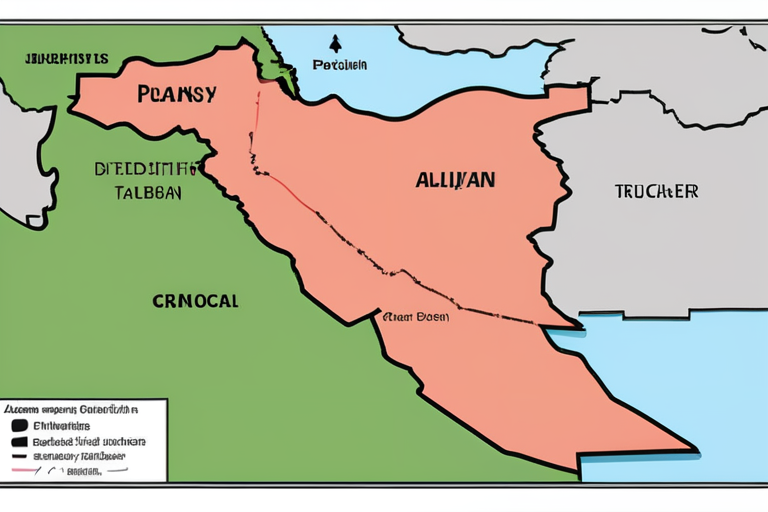
 Hoppi
Hoppi
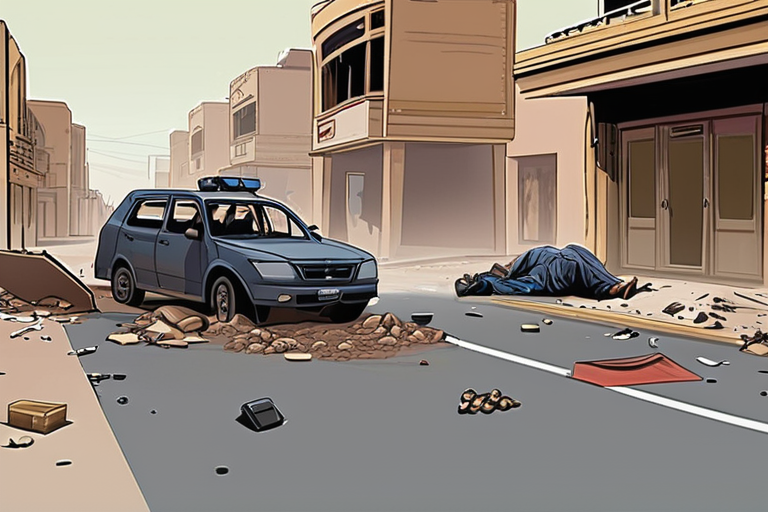
 Hoppi
Hoppi











